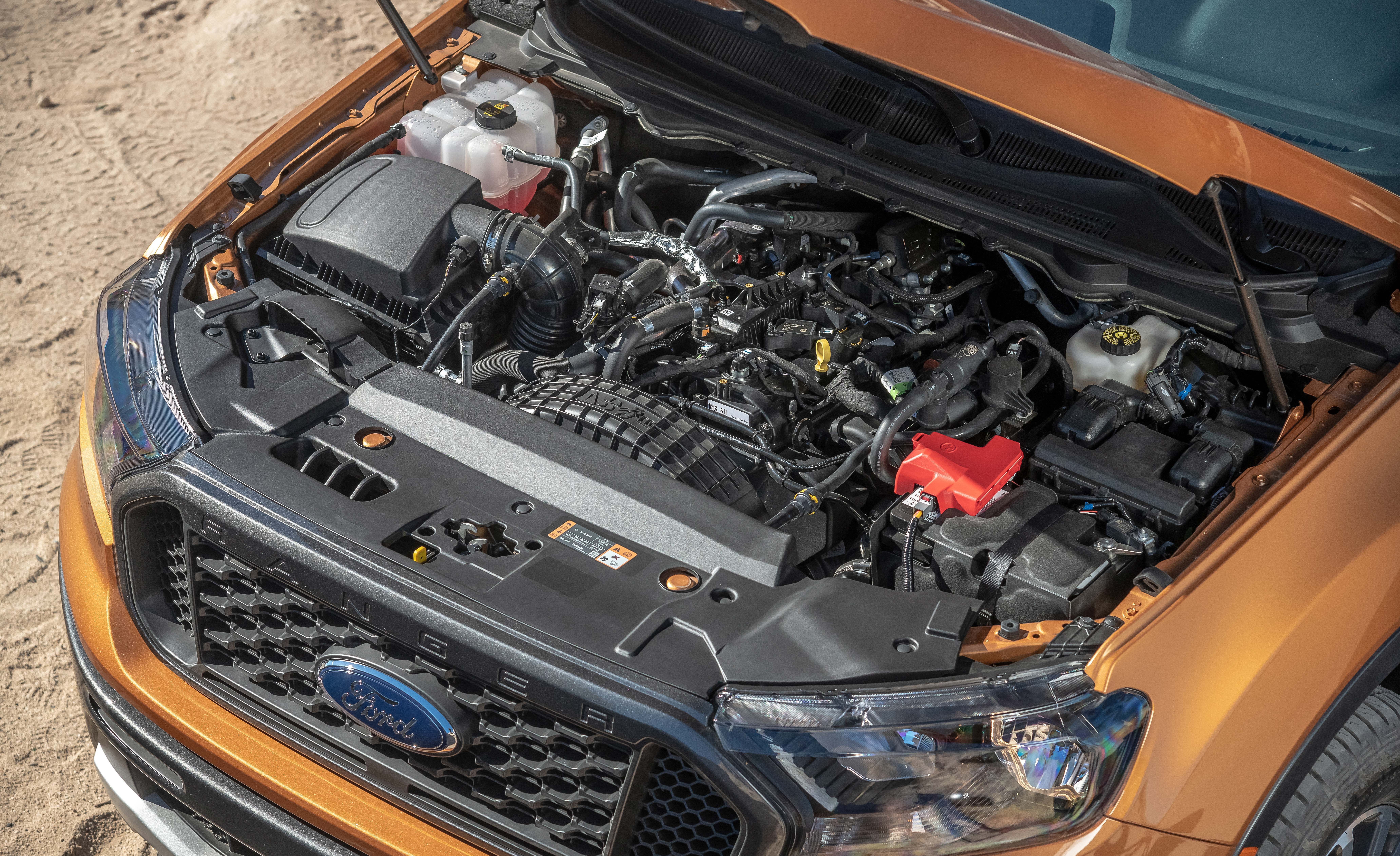What Makes an Auto Engine Run Efficiently: Leading Tips for Optimal Treatment
The smooth operation of an auto engine is fundamental to both efficiency and longevity, making optimum treatment a crucial responsibility for lorry owners. What certain actions should you prioritize to guarantee your engine stays in peak problem?
Regular Oil Changes
Among the most important elements of automobile maintenance is guaranteeing your engine obtains normal oil changes. Engine oil lubricates interior elements, reduces friction, and aids preserve optimum operating temperatures. In time, oil deteriorates as a result of warmth, contaminants, and the natural byproducts of burning, bring about minimized efficiency and prospective engine damages.
A lot of suppliers advise altering the oil every 5,000 to 7,500 miles, but this interval can differ based upon driving problems and oil type. As an example, synthetic oils may permit for longer intervals between adjustments. Routine oil changes not just improve engine efficiency but likewise boost fuel effectiveness, as clean oil advertises smoother operation.
Neglecting oil adjustments can cause sludge buildup, which harms blood circulation and can lead to severe engine concerns. It is crucial to examine oil levels on a regular basis and keep track of for any kind of unusual changes in shade or consistency, which might suggest contamination or degradation.

Preserving Coolant Levels
Preserving proper coolant levels is important for avoiding engine getting too hot and ensuring optimal efficiency. The coolant, normally a mix of water and antifreeze, distributes through the engine, soaking up heat and avoiding thermal stress and anxiety. Insufficient coolant can result in raised engine temperature levels, which may trigger severe damages and even overall engine failing.
To keep optimum coolant degrees, routinely evaluate the coolant tank, usually located in the engine bay. Make certain the coolant is loaded to the suggested mark, as shown in your automobile's owner guidebook. It is recommended to check the levels at least once a month or previously lengthy journeys, specifically during extreme weather.
If you see that the coolant degree is constantly reduced, there might be a leakage in the cooling system, which must be attended to promptly to avoid additional difficulties. 2.2 ford ranger engine. Additionally, purging the coolant system every 2 to 3 years can aid get rid of any gathered particles and make certain efficient heat exchange
Checking Air Filters
It is recommended to inspect the air filter every 12,000 to 15,000 miles, or much more regularly if driving in dusty or unfavorable problems. A straightforward aesthetic evaluation can frequently expose whether the filter is dirty or damaged. It should be changed quickly. if the filter appears discolored or has visible dirt build-up.
Making use of a high-quality air filter made for your particular car model can additionally enhance engine efficiency. Additionally, some vehicles may gain from recyclable filters that can be cleansed and reinstalled, supplying a ecologically pleasant and economical choice.
Inspecting Spark Plugs
Spark plugs are important elements of a lorry's ignition system, straight influencing engine efficiency and effectiveness. They develop the spark that fires up the air-fuel blend in the burning chamber, assisting in the engine's power generation. Normal examination of trigger plugs is crucial for preserving ideal engine feature and stopping potential problems.
Dark soot or oil deposits can suggest incorrect burning, while a raw or white look might recommend getting too hot. Both problems need prompt focus to avoid further engine damages.
It's a good idea to evaluate stimulate plugs every 30,000 miles, or as advised in your vehicle's proprietor guidebook. Furthermore, think about replacing them according to the manufacturer's guidelines, as old or used ignition system can result why not check here in misfires, reduced fuel efficiency, and increased discharges.
Monitoring Tire Pressure
Ensuring appropriate tire stress is a crucial facet of car security and performance. Under-inflated tires can result in decreased fuel effectiveness, raised tire wear, and jeopardized handling. On the other hand, over-inflated tires can decrease traction and boost the threat of blowouts. For that reason, regular surveillance of tire stress is essential for optimum vehicle procedure.
Tire stress must be inspected a minimum visit of when a month and eventually trips. Use a trustworthy tire stress gauge to gauge the stress when the tires are cold, preferably before the vehicle has been driven for a minimum of 3 hours. Describe the automobile's owner guidebook or the placard located on the motorist's side door jamb for the supplier's suggested stress degrees.
It is very important to note that tire stress can vary with modifications in temperature level; a decline of 10 ° F can lead to a 1-2 psi reduction in pressure. In addition, visually examine tires for any kind of signs of wear or damage throughout your monitoring routine. Keeping appropriate tire stress not only boosts vehicle safety however also enhances gas performance and prolongs tire life, inevitably adding to a smoother engine efficiency.
Verdict
In conclusion, keeping a cars and truck engine's smooth procedure calls for thorough interest to a number of essential factors. Inevitably, a positive approach to engine treatment is necessary for guaranteeing dependability and performance over time.
One of the most important aspects of auto maintenance is guaranteeing your engine receives normal oil changes. Engine oil lubricates interior parts, decreases rubbing, and helps keep optimum operating temperatures. Normal oil modifications not only enhance engine performance yet also enhance gas learn the facts here now effectiveness, as tidy oil advertises smoother operation.
Not enough coolant can lead to increased engine temperatures, which might cause severe damages or even total engine failing.
